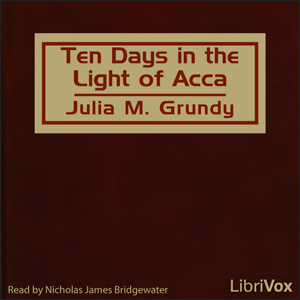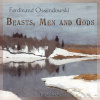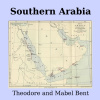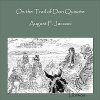Julia M. Grundy - Ten Days in the Light of Acca
Julia M. Grundy
100%
Speed
Summary
This work is the story of a pilgrimage made over a hundred years ago by a group of American pilgrims. They were not headed for Canterbury, Rome or Jerusalem. Rather, they were headed for an historical but remote prison-city in a far corner of the Ottoman Empire. ‘Akká (Akko), now a city in Israel which attracts thousands of Bahá’í pilgrims each year, was but little thought of in that early period. It was originally the final place of exile and imprisonment for Bahá’u’lláh, a Persian nobleman who proclaimed that He was the Promised One of all religions and Messenger of God for this day and age. It was also the home of His eldest son, ‘Abbás Effendí, known as ‘Abdu’l-Bahá (Servant of Bahá), or Áqá (the Master), who was the leader of the Bahá’í Faith after Bahá’u’lláh’s passing in 1892. The first Western Bahá’í pilgrims arrived in 1898, which was then followed by a nearly continuous stream of pilgrims that has now grown into a river of devoted followers from all parts of the globe. The Bahá’í Faith was a little known religion in the late 19th and early 20th centuries but has now become widely recognised as the newest of the great world religions and the second-most widespread religion on the planet. The author, Julia M. Grundy, is a bit of a mystery. She was in the pilgrimage party of Mr. and Mrs. Howard MacNutt in 1905. This book, published in 1907, is the result of that journey. It contains the teachings and wisdom which Grundy recorded during her brief stay in the Holy Land. While these insights may be valuable, one must remember that Bahá’ís do not consider ‘pilgrim’s notes’ as authoritative. They may not represent the actual words spoken by ‘Abdu’l-Bahá. For information on authoritative Bahá’í teachings, please consult the writings of Bahá’u’lláh, ‘Abdu’l-Bahá and Shoghi Effendi. (Introduction by Nicholas J. Bridgewater)
Authorization
By logging in, you agree to the terms and conditions.












No comments